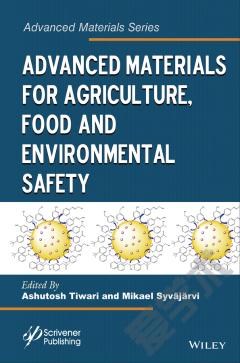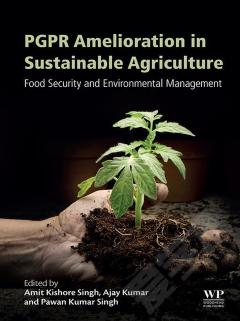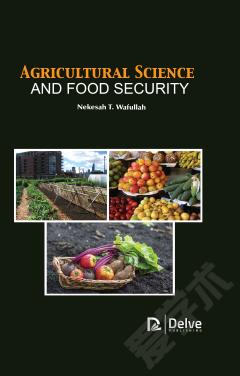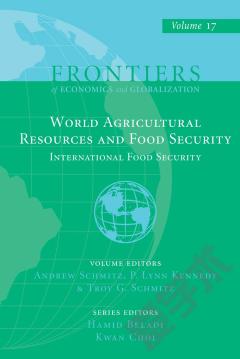Advanced Materials for Agriculture, Food, and Environmental Safety
The levels of toxic and microbial contamination in the food and environment are influenced by harvesting or slaughtering technologies and by the processes applied during food manufacture. With current cultivation methods, it is impossible to guarantee the absence of pesticides and pathogenic microorganisms in raw foods, both of plant and animal origin. Widespread and increasing incidence of foodborne diseases and the resulting social and economic impact on the world population have brought food and environmental safety to the forefront of ecological safety and public health concerns. The emerging field of advanced materials based on functional architectures offers potential solutions to some of the key performance challenges along with the improved sensitivity, longevity, stability, miniaturization and ruggedness, while reducing complexity and production cost. The overall purpose of this book is to generate new solutions to the technical challenges in easy and rapid detections of food toxicants, microorganisms and environmental pollutants. The book focuses on the role of advanced materials in the food, water and environmental applications. The monitoring of harmful organisms and toxicants in water, food and beverages is mainly discussed in the respective chapters. The senior contributors write on the following topics:Layered double hydroxides and environmentCorrosion resistance of aluminium alloys of silanesNew generation material for the removal of arsenic from waterPrediction and optimization of heavy clay products qualityEnhancement of physical and mechanical properties of fiberEnvironment friendly acrylates laticesNanoparticles for trace analysis of toxinsRecent development on gold nanomaterial as catalyst Nanosized metal oxide based adsorbents for heavy metal removalPhytosynthesized transition metal nanoparticles- novel functional agents for textilesKinetics and equilibrium modelingMagnetic nanoparticles for heavy metal removalPotential applications of nanoparticles as antipathogensGas barrier properties of biopolymer based nanocomposites: Application in food packingApplication of zero-valent iron nanoparticles for environmental clean upEnvironmental application of novel TiO2 nanoparticles
{{comment.content}}








 京公网安备 11010802027623号
京公网安备 11010802027623号